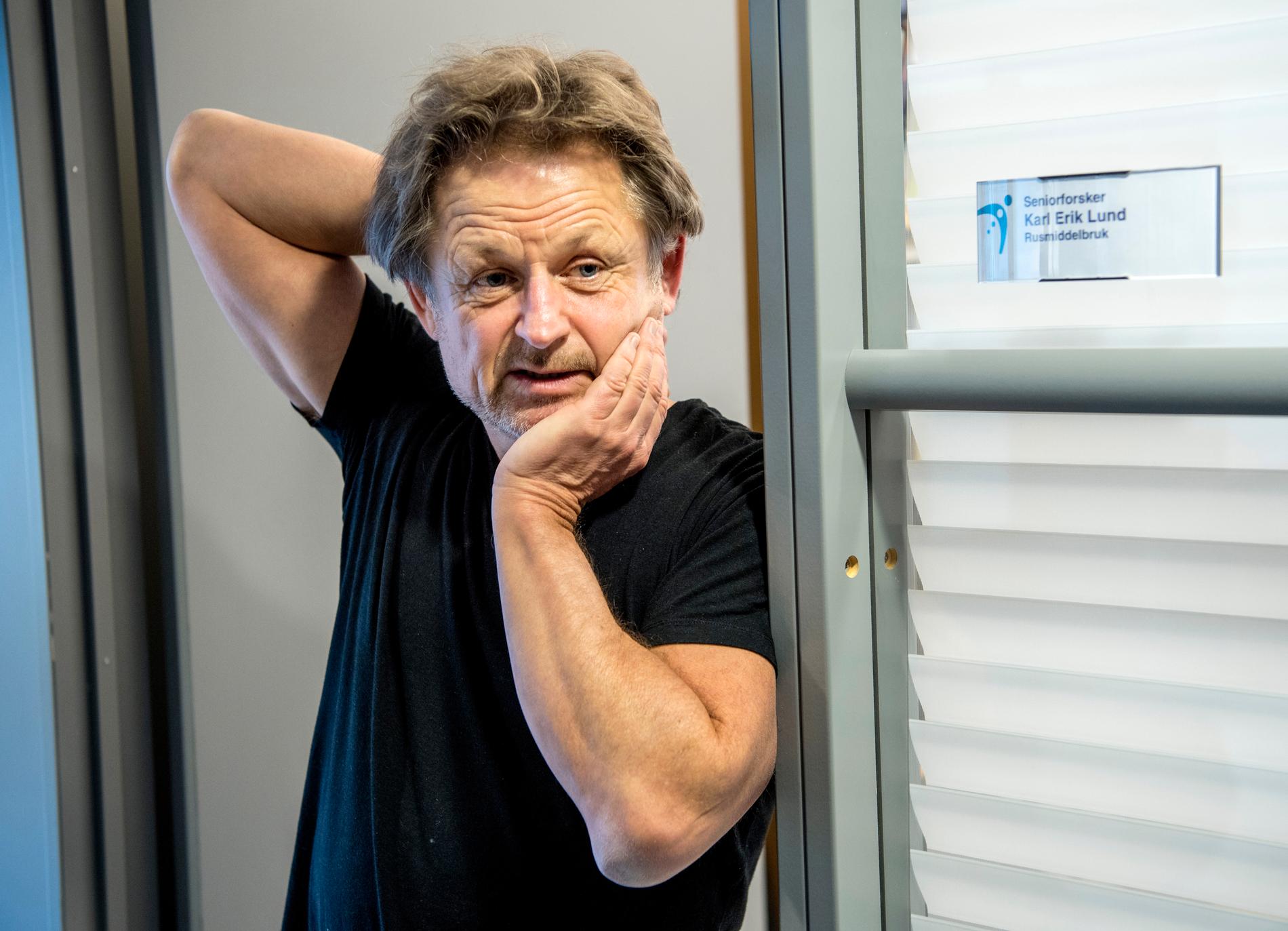Senior researcher Karl Erik Lund at the Institute of Public Health says that more people may start smoking if flavored snus is banned. He believes smoking in nightclubs may soon be a thing of the past.
– If flavored snus is banned, we risk the proportion of smokers rising again. And we don’t want that, says Lund.
He points out that experience from the USA underpins that.
– In California they banned flavorings in e-cigarettes. This led to an upswing in smoking among young people. It can be an unfortunate consequence of taking away the flavors in snus.
In March, the public health report will be released where the government will introduce new measures to limit the use of tobacco products.
A possible ban on flavored snus has been on the table as a possible measure.

– Withdraws quite a bit from smoking
Lund says he doubts whether smoking has been so drastically reduced in Norway that it is time to give up snuff.
– We have investigated quite carefully who uses flavored snus. Until now, it has been more prevalent among former smokers. The flavors are an important ingredient to draw smokers away from what is life-threatening – smoking – to what is not harmless, but still less dangerous – snus.
– The advantage of flavor in snus is that it takes some away from smoking, he says.
He also points out that the flavors are popular among young people.
– As smoking decreases in society, the proportion who start with snuff, who have previous smoking experience, will decrease. This means that gradually there will be more young people who go straight to snus without having smoked before, he says and continues:
– But if snus had not been available to people who are inclined to try such stimuli, they might otherwise have started smoking: snus is a diversion product for young people who would otherwise start smoking.

– But there is a balance somewhere?
– Yes, you have to weigh the pros and cons. Until now, flavors have been very important in drawing people away from cigarettes to snus. In the future, there will be fewer smokers and if you then want to have fewer snuff users, then you may go to the measure of removing the taste. But then you run the risk that some will jump back to cigarettes.
Norway was a world leader in tightening restrictions on smokers in the early 2000s, when the Smoking Act came in and smoking was banned in pubs – in 2004.
Tobacco ban
But for several years now, other countries have led the way in adopting restrictive measures to get people to quit smoking.
Finland is considering banning smoking in outdoor restaurants and at home for those who live in apartments.
In 2022, New Zealand adopted a lifetime tobacco ban for future generations. Those born after 2008 will never be able to buy smoke or other tobacco products, write BBC.

It is also being considered in Norway.
– The age ban in New Zealand only applies to cigarettes. There, the authorities will increase the availability of other nicotine products to give the remaining smokers a harm-reducing alternative, says the FHI researcher.
Lund says it is a difficult balancing act how much to intervene in people’s own life choices.
– It is about how far the state will go to protect us from our own stupidity. There is a balance there, about how far into our private lives the politicians should move.
– Ban on smoking in night clubs
He says he thinks we are facing austerity measures.
– I think a ban on smoking in nightclubs will probably come, and probably swimming beaches. But the arguments are weaker than when the smoking law was passed, which applied to indoor pubs: Being exposed to passive smoking outdoors is not harmful to the same extent.
He adds:
– But asthmatics and allergy sufferers can also get attacks from outdoor exposure to smoke.
Although the proportion of smokers has fallen sharply in the last 20 years, around 6,000 people still die each year due to smoking in Norway.

